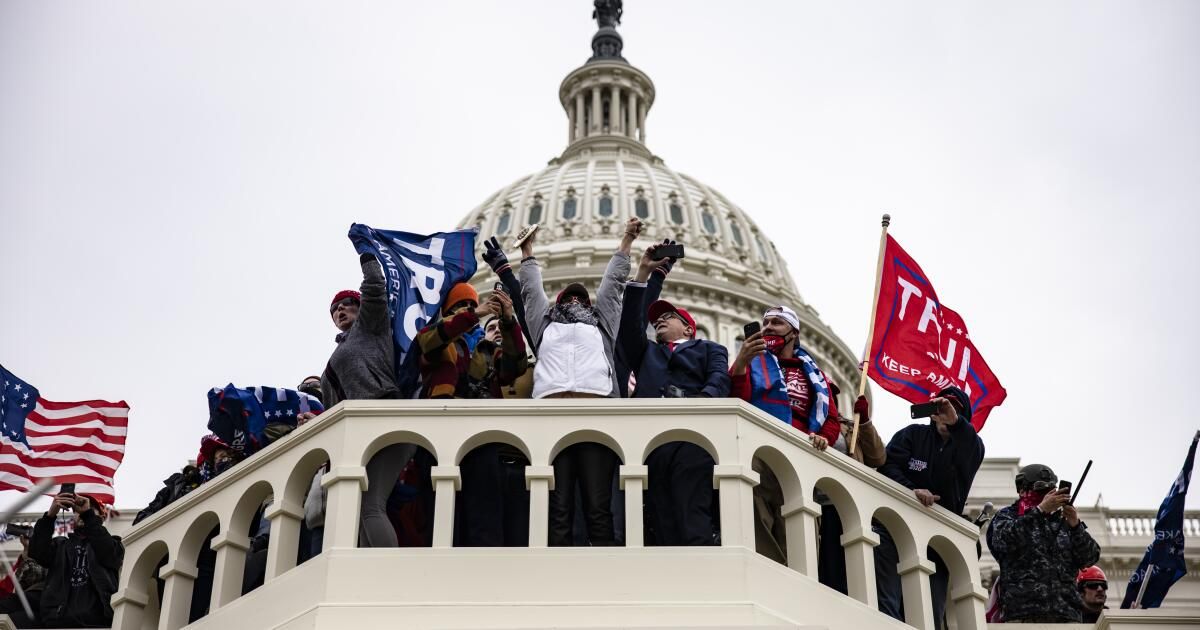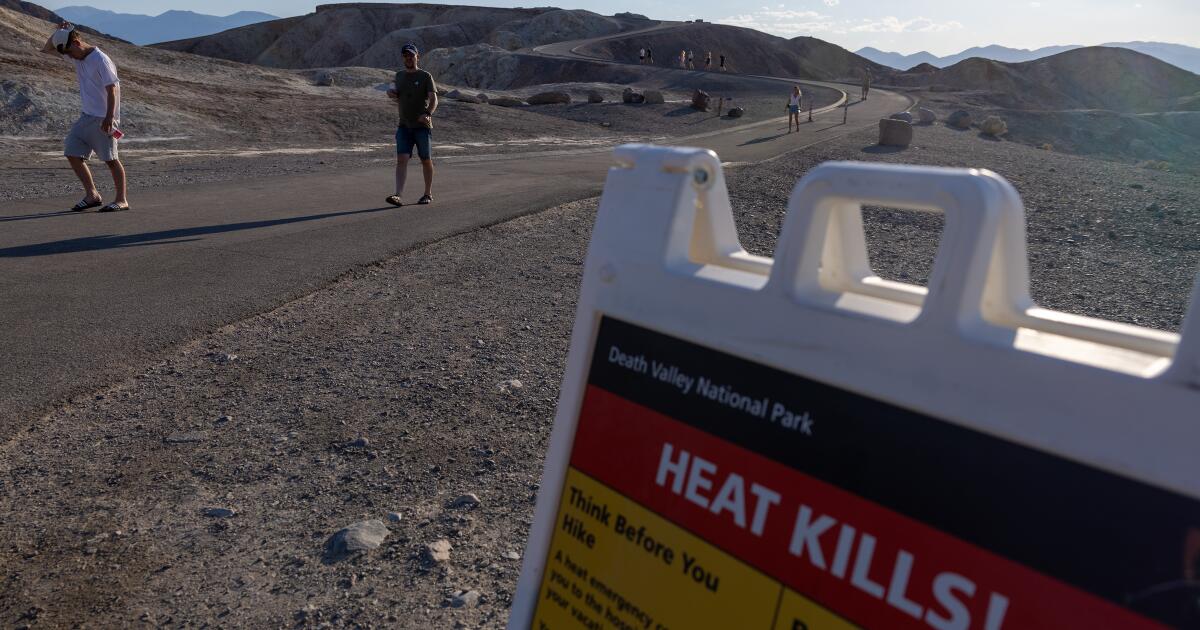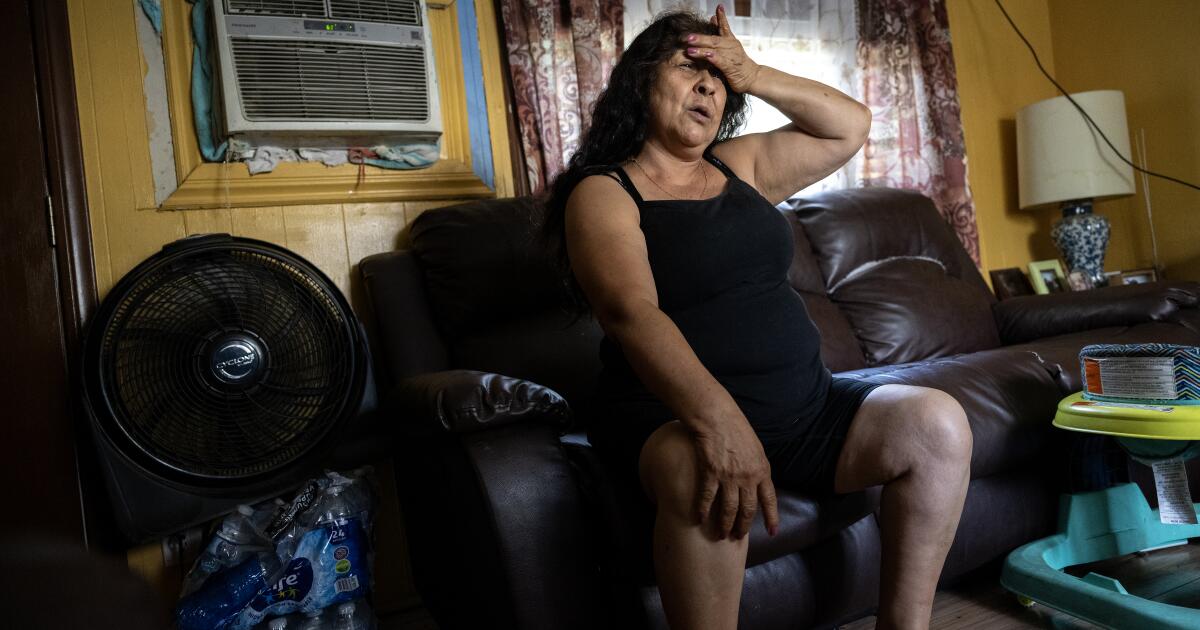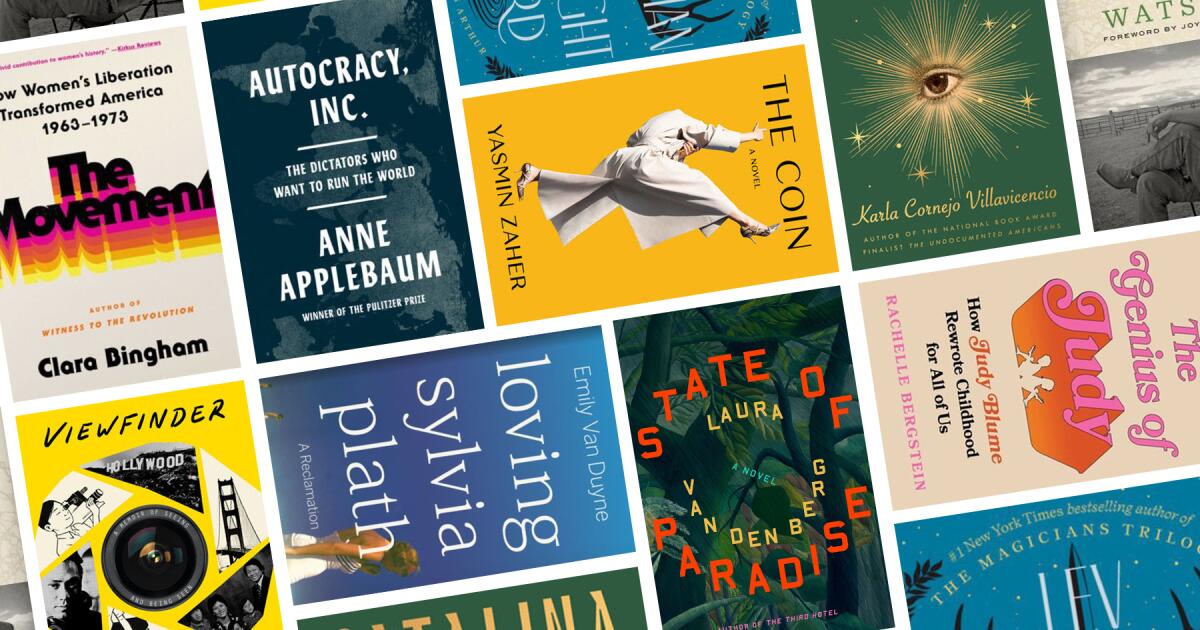Donald Trump's shooting was not a total surprise. While no one could have predicted the details, Researchers and Policy experts For years, I have worried that this election season could spark an outbreak of political violence. For weeks, I have counted myself lucky that with each passing day, it hasn't happened.
After all, the United States experienced political violence after its last presidential election. At the time, one expert Put it this way:“A lot of people want to see January 6th as the end of something. I think we have to consider the possibility that this was the beginning of something.” And for more than a decade, political figures (including Trump) have engaged in rhetoric that appears to endorse and promote violence, musing about the need for “Second Amendment Remedies” or the possibility of a “slaughter“If the election results are not to your liking.
Fortunately, there is a growing body of research about what leads to political violence, who is most at risk of committing it, and how it can be prevented. Here at UC Davis, we have been conducting a large, nationally representative annual survey of American adults on all of those topics since 2022. We reach out to the same people every year, allowing us to measure real change over time.
In 2022Much to our concern, 33% of American adults thought physical violence was generally or always justified to advance at least one political goal (we provided them with a list of goals to consider), and 14% strongly expected a civil war to occur in the next few years. But Both percentages fell in 2023up to 25% for the justification of violence and 6% for the expectation of civil war. That good news comes with a caveat: 2023 was not a federal election year. However, a first look at our 2024 data suggests there has been no uptick this year. There was more good news: in both cases 2022 and 2023The vast majority (about 70%) of people who thought violence was justified were not willing to participate in it.
Not all the news was good. Of those who strongly expected a civil war in 2023, 39% also I totally agree In both years, between 1% and 2% of respondents thought it was very or extremely likely that they would shoot someone to advance a political goal at some point in the future. That’s a very small percentage (and poll estimates of small percentages can be unreliable), but with more than 250 million adults in the United States, 1% of respondents would extrapolate that number to 2.5 million people.
We found that, as expected, support for political violence was not evenly distributed across the population. Among the groups most likely to support such violence (and, in most cases, most willing to engage in it) were young men, Republicans (and MAGA Republicans in particular), those who supported many forms of fear and hate (racism, sexism, homophobia, transphobia, xenophobia, Islamophobia and anti-Semitism) and firearms owners who owned assault rifles, purchased firearms during the COVID-19 pandemic, or frequently carried weapons in public.
This research arose from the assumption that violence, including political violence, is a health problem. (If it is not, as A federal health official said 30 years agoWhy then do so many people die from this cause? Participation in violence is therefore healthy behaviour.
That understanding helps translate research on political violence into recommendations for prevention, which are based on strong evidence that the opinions and behaviors of those around them influence people's health habits. Prevention is a laudable goal; while we cannot eliminate political violence, we can minimize it.
The vast majority of us who reject violence must become agents of change. Our statements that political violence is unacceptable, if made often enough and by enough of us, can create conditions in which political violence is less likely to occur. This will not be as easy as it sounds. It means having sometimes uncomfortable conversations with family, friends, and members of our social networks. It may mean becoming, for this specific purpose, a social media influencer. When necessary, it means telling our elected officials and others in leadership positions that their pro-violence rhetoric is unacceptable.
This alone will not be enough. There are people who are committed to violence and cannot be persuaded. Law enforcement has strategies for them, but we are part of those strategies too. Any of us can see a social media post or hear a conversation that conveys a threat to commit political violence. When that happens, we must be willing to communicate that threat to those who can do something about it.
Those of us who reject political violence are not mere observers of a national disaster. We are on the train. Will we do everything possible to stop it? The proper answer to that question should be: yes.
What will your answer be?
Garen Wintemute is a distinguished professor of emergency medicine at UC Davis and director of the California Gun Violence Research Center.











